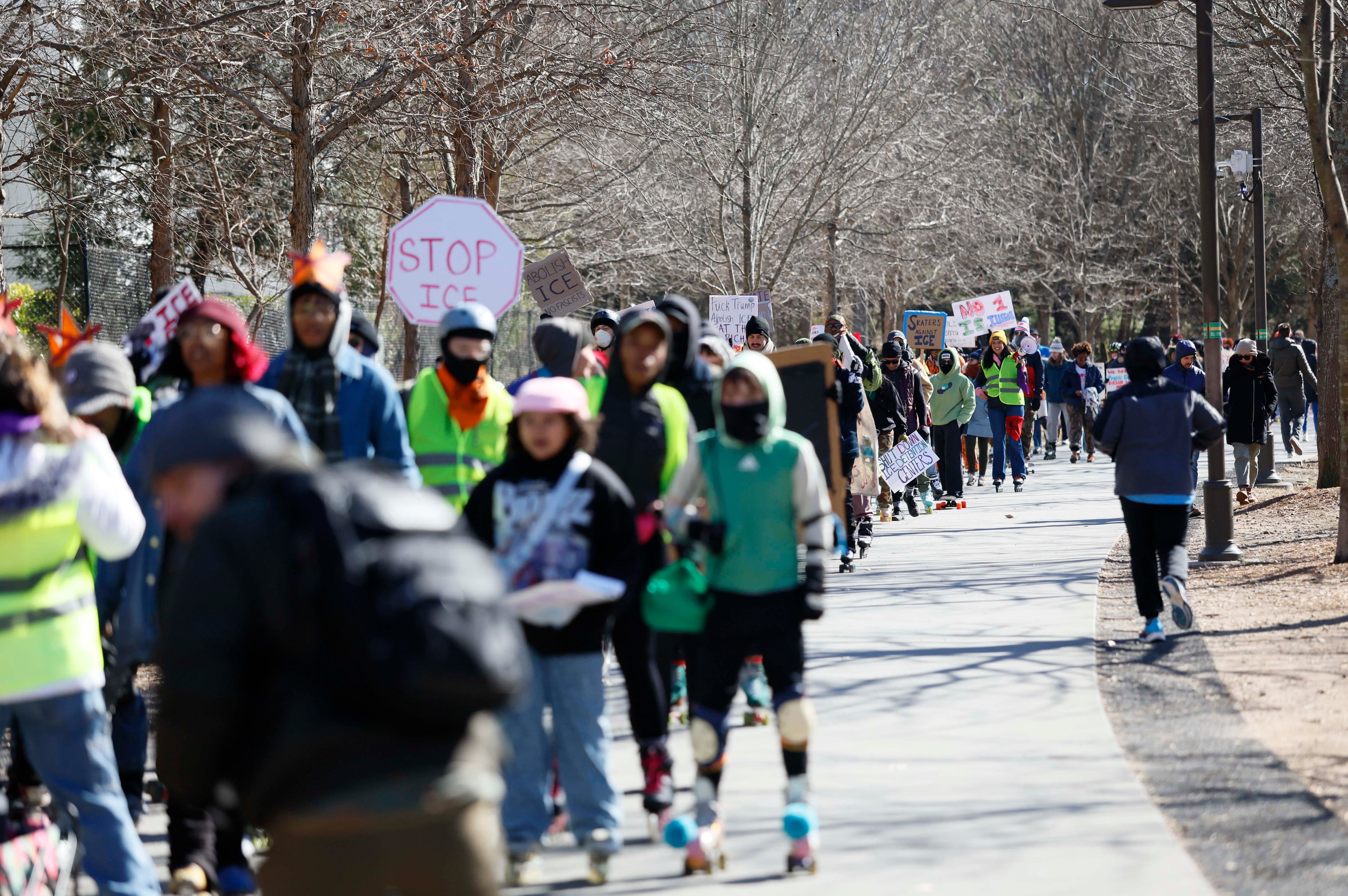Guns at Botanical Gardens case to get more judicial review

The Georgia Supreme Court on Monday said more judicial review is required before it can be determined if the Atlanta Botanical Garden can prohibit visitors from carrying firearms on its property.
What must be determined now is whether its 50-year lease with the city of Atlanta is written in such a way that gives the botanical garden the right to exclude firearms. Because the actual lease was never made a part of the record in the case, a Fulton County judge must now review its terms before making a final decision, Justice Charles Bethel wrote for the unanimous court.
As part of its 41-page ruling on Monday, the high court unanimously reversed lower court rulings that said the botanical garden had the right to prohibit visitors on its property from carrying guns by asserting it is a private, not a public, entity.
The five-year-old case stems from a lawsuit filed by Phillip Evans, who visited the botanical garden in 2014 openly carrying a handgun in the holster of his waistband. A botanical garden security officer eventually detained the Gwinnett County man and then escorted him from the property.
The suit filed by Evans and guns-rights group GeorgiaCarry.org contended the botanical garden's property was public property because it was leased from the city. It relied on a 2014 amendment passed by the General Assembly that allows the carrying of handguns, with certain exceptions, on public property throughout the state.
In the litigation, the botanical garden has argued that because it is a private entity, its lease with the city makes its grounds private property. Although a Fulton judge and the state Court of Appeals agreed with that reasoning in prior decisions, Bethel wrote that the state high court rejects those interpretations of the law.
Instead, there are two types of property rights at play here, Bethel said. One involves a lease that allows a tenant such as the botanical garden to simply possess and enjoy the use of the property. If that’s the case, it cannot prohibit visitors from carrying handguns on the grounds.
On the other hand, if the lease treats the botanical garden as the owner of the property in what’s legally called an “estate for years,” then the botanical garden can restrict the carrying of handguns on its premises, Bethel said.
A Fulton judge must now make such a determination, the court said.
In a concurring opinion, Justice Nels Peterson said the 2014 amendment may be in peril no matter how the botanical garden case plays out. When lawmakers passed the law, it retroactively destroyed the rights of those who held leases to property and who could previously exclude people carrying firearms, the justice said.

“Our Constitution forbids statutes that apply retroactively so as to injuriously affect the vested rights of citizens,” Peterson wrote.
For this reason, Peterson said, “(T)he amendment likely was unconstitutional in almost all of its applications when it first became effective, and probably in some that still remain.”


